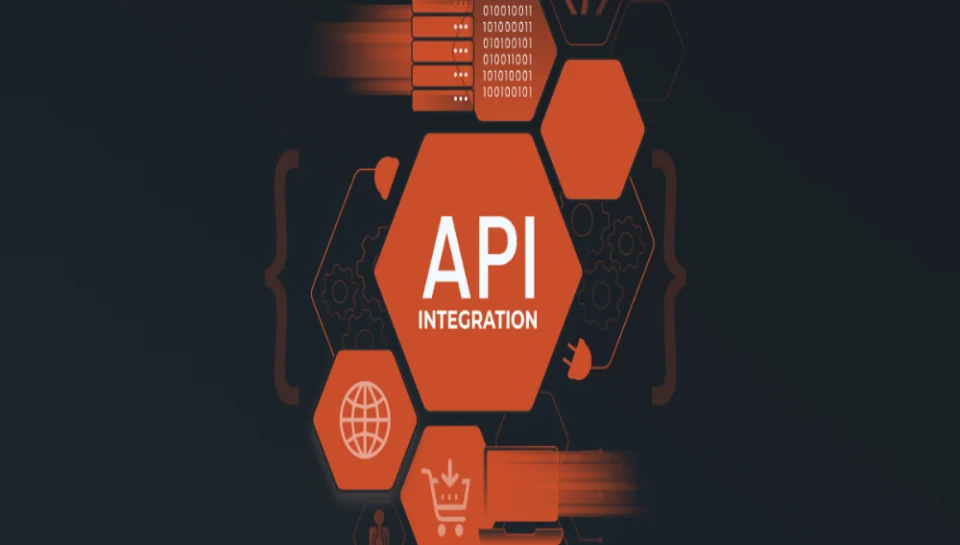
Introduce the importance of API integration in modern startup platforms.
Introduction
In the evolving digital ecosystem, startups are under immense pressure to build scalable, user-friendly, and data-driven platforms—fast. Achieving this requires a smart, modular approach to development that leverages existing tools and technologies rather than creating everything from scratch. Application Programming Interface (API) integration stands at the heart of this strategy. APIs allow different software systems to communicate and share data seamlessly, empowering startups to enhance their platforms with third-party functionalities, streamline operations, and offer superior user experiences without heavy internal development. The importance of API integration in modern startup platforms cannot be overstated—it is foundational to agility, innovation, and long-term sustainability.
Accelerating Product Development and Time to Market
Startups often compete against well-funded companies with established products. Speed becomes a critical advantage. APIs enable startups to integrate pre-built solutions such as payment processing, geolocation, authentication, data analytics, and cloud storage into their platforms. This eliminates the need to develop these features from the ground up, significantly reducing development time and cost. By leveraging APIs, startups can focus internal resources on their core innovation while relying on proven external services to build a robust platform quickly. This acceleration translates into faster product launches and a more competitive presence in the market.
Enhancing User Experience with Seamless Functionality
Modern consumers expect smooth, intuitive, and feature-rich digital experiences. API integration allows startups to meet these expectations by embedding advanced functionalities directly into their apps or platforms. Whether it’s integrating social media login, real-time chat, customer relationship management (CRM) tools, or AI-based personalization engines, APIs make it possible to enrich the user experience without the need for in-house development teams to build and maintain complex systems. Seamless user experiences increase engagement, retention, and overall customer satisfaction.
Improving Operational Efficiency and Automation
Beyond user-facing features, APIs play a crucial role in backend operations. They enable startups to automate workflows, sync data across platforms, and reduce manual effort. For example, an API can automatically transfer lead data from a marketing tool to a sales CRM or synchronize inventory data between an e-commerce platform and a logistics provider. This kind of automation not only improves efficiency but also minimizes human error, allowing teams to scale operations with precision. As startups grow, such streamlined integration becomes vital to managing complexity without exponentially increasing workload or headcount.
Facilitating Scalability and Flexibility
Startups must build with growth in mind. API-based architectures are inherently modular, allowing components to be added, replaced, or upgraded independently. This flexibility supports scalability without requiring a complete overhaul of the system. Startups can integrate new services as their needs evolve, whether to support more users, enter new markets, or offer new features. This adaptability is critical for navigating changing customer expectations and competitive dynamics without compromising platform performance or stability.
Enabling Ecosystem Participation and Revenue Expansion
API integration also opens doors for startups to participate in broader digital ecosystems. By integrating with partners, marketplaces, or industry-specific platforms, startups can increase visibility, expand reach, and tap into new customer bases. Additionally, by offering their own APIs, startups can become part of other platforms’ offerings, enabling revenue-sharing models, data monetization, or custom third-party app development. This ecosystem-driven approach supports not only operational growth but also strategic expansion and innovation.
Supporting Data-Driven Decision Making
Data is at the core of smart decision-making, and APIs play a key role in data collection, synchronization, and analysis. APIs enable startups to pull data from various tools—such as marketing analytics, customer service platforms, financial dashboards, or IoT devices—and centralize it for real-time insights. This integration helps leadership teams make data-informed decisions quickly and confidently. It also supports AI and machine learning implementations by feeding clean, consistent data into intelligent models.
Boosting Security and Compliance Readiness
Security and compliance are often significant concerns for startups handling sensitive customer data. Fortunately, many APIs are built by providers with strong security protocols, encryption standards, and compliance certifications (such as GDPR, HIPAA, or SOC 2). By integrating these APIs, startups can inherit high-security standards without the burden of building and maintaining them internally. This not only protects user data but also enhances investor and customer confidence in the platform’s integrity.
Conclusion
API integration is no longer a technical convenience—it is a strategic imperative for modern startups. It drives speed, scalability, and innovation while reducing operational friction and development costs. From delivering rich customer experiences to ensuring efficient backend processes and ecosystem integration, APIs provide the connective tissue that holds together high-performing digital platforms. For startups aiming to disrupt markets and grow sustainably, embracing API integration from the earliest stages of product development is not optional—it is essential.
Hashtags
#APIIntegration #StartupPlatforms #TechInnovation #DigitalTransformation #BusinessGrowth #SoftwareDevelopment #APIs #StartupSuccess #TechStartups #IntegrationSolutions #ModernBusiness #Entrepreneurship #ScalableSolutions #CloudComputing #DataIntegration #BusinessEfficiency #AgileDevelopment #TechTrends #FutureOfWork #StartupEcosystem





